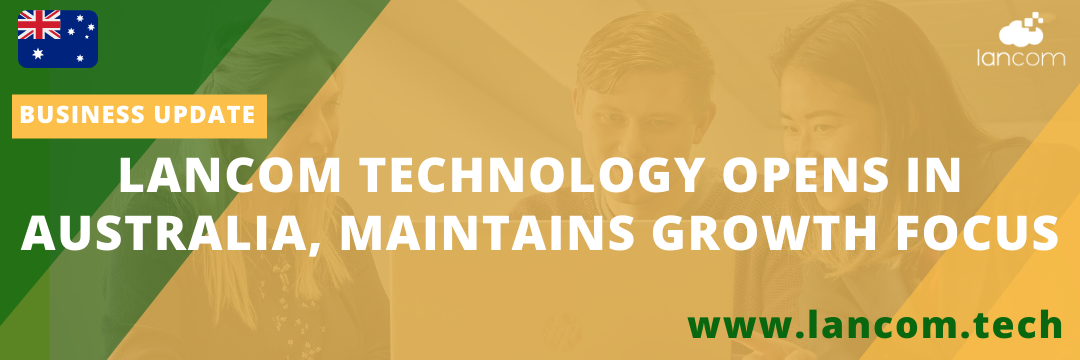![]() Looking for that X factor which sets your company apart from the competition? Chances are, it can be found in software and that’s why you should be thinking about your company’s next application.
Looking for that X factor which sets your company apart from the competition? Chances are, it can be found in software and that’s why you should be thinking about your company’s next application.
Think of the by-now usual suspects: Uber, Airbnb, Facebook, Amazon. These companies have revolutionised industries which were once unassailable fortresses, protected by regulation or high cost of entry.
How did they do it?
You know the answer – they wrote some great software. Applications. Apps. The Wall Street Journal rather colourfully noted in 2011 that ‘software is eating the world’.
The question now is, will it eat your business? Or can you serve up a big helping of innovation?
If it all sounds rather scary, let’s counter that with some good news. Putting a new ‘great idea’ into practice is far, far more accessible today than it ever was before. Back in the day, it might have taken tens of thousands of dollars to get the infrastructure, capacity and basic services just for the foundation of a new application.
Today, think a few hundred. That’s thanks to the cloud, where not only can raw capacity – processing, storage and other resources – can be accessed on demand. Also available is an almost infinite range of ‘composable’ services. That means relative ease in assembling and provisioning an application on the one hand. On the other, it also means the power to fail: because it costs little, why not go ahead and try even the wackiest of ideas? The worst that can happen, from a financial point of view, is a few hundred bucks might be at stake.
If you are struggling to think about areas where your business can benefit from a custom application, we have picked a few for you:
1. Solve a problem/fill a gap
People LOVE apps that make their lives easier. Solving a problem is the way to your consumers (or employees) hearts!
Solving a problem can start small, too. If you head to your admin department now, they are likely to give you a few examples of tasks which they would love to be automated.
Want a more practical advice?
Start by automating Excel spreadsheets! (In case you haven’t guessed, we can do that).
2. Save people time
Another thing people hate? Wasting time! Try to develop an app which helps automate routine tasks.
A practical example here would be cutting the back and forth in finding time to meet with work colleagues and clients, but guess what? There’s an app for that already!
3. Seek inspiration from competitors and improve on it
Running out of inspiration? Why not check what your competitors are doing? Chances are, if they are doing something great you could do something greater based on their ideas.
Don’t be shy to do your research, learn from your competitor’s mistakes, and bring their app ideas to your business context.
If you need more convincing, this article by Entrepreneur is a great reading!
Our suggestion: Pick your IT provider's brain on your next meeting and get their feedback on why and how your business could benefit from having an app. Chances are, they would be a lot more familiar with the upcoming technologies, and how they fit your business.
Know what is NOT a good idea
This is arguably just as important as knowing what is a good idea! You don’t want to invest time and resources on an idea that was doomed to fail from the beginning. So, if it doesn’t look realistic, don’t do it!
If the app is customer facing, ask your buyers if they would benefit from it, if the app idea is for internal use, ask your staff.
If you can find 10 people willing to use your app, that’s usually a great indicator that the app will be beneficial to many more people.
Our bonus tip: Work backwards from your idea
Well that tip isn’t ours, it comes from Amazon Web Services. The Working Backwards methodology suggests that, before building an app, it is ideal to clarify your thoughts by following a four step process, which includes:
- Writing a press release
- Write a Frequently Asked Questions document
- Define the customer experience
- Write the user manual
By taking a proactive stance (which starts with a mindset change), you can be the disruptor – and not the disrupted. It all starts with a plan, of course, and Lancom can help.
As an Amazon Web Services partner, we work with you to take great ideas from the drawing board – working backwards from the desired outcome - to develop custom software that makes a reality of your vision.







